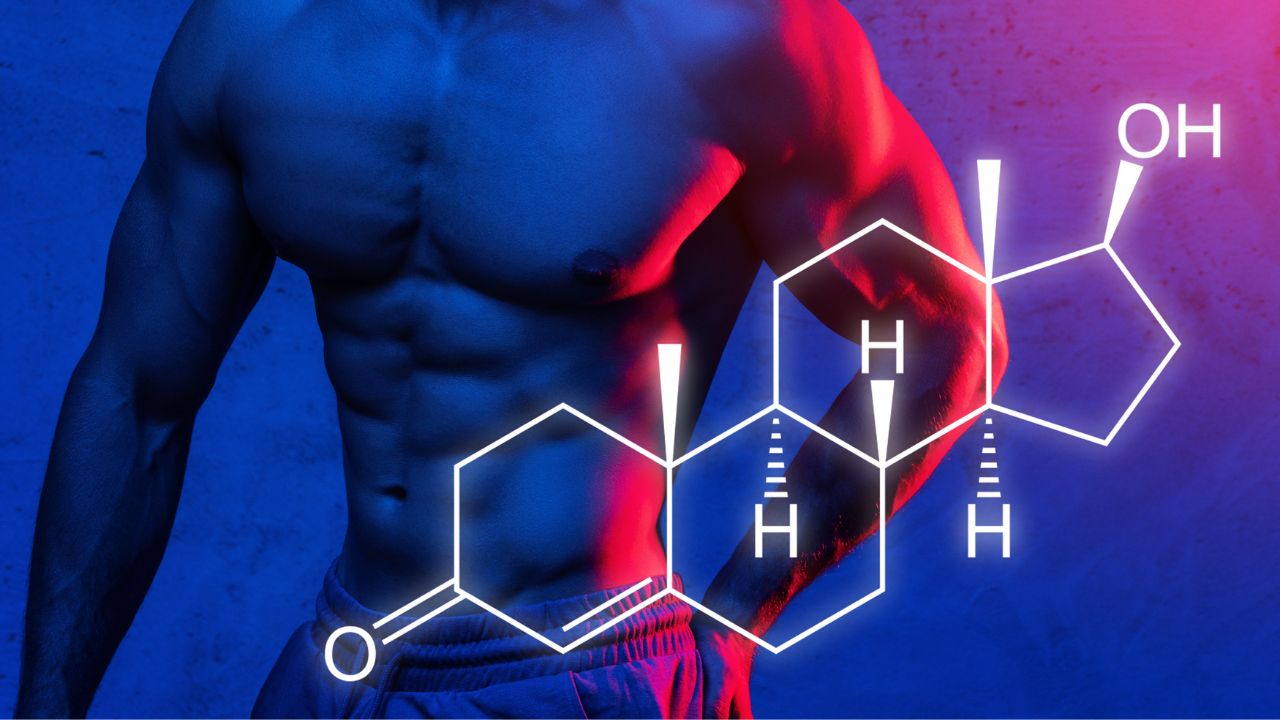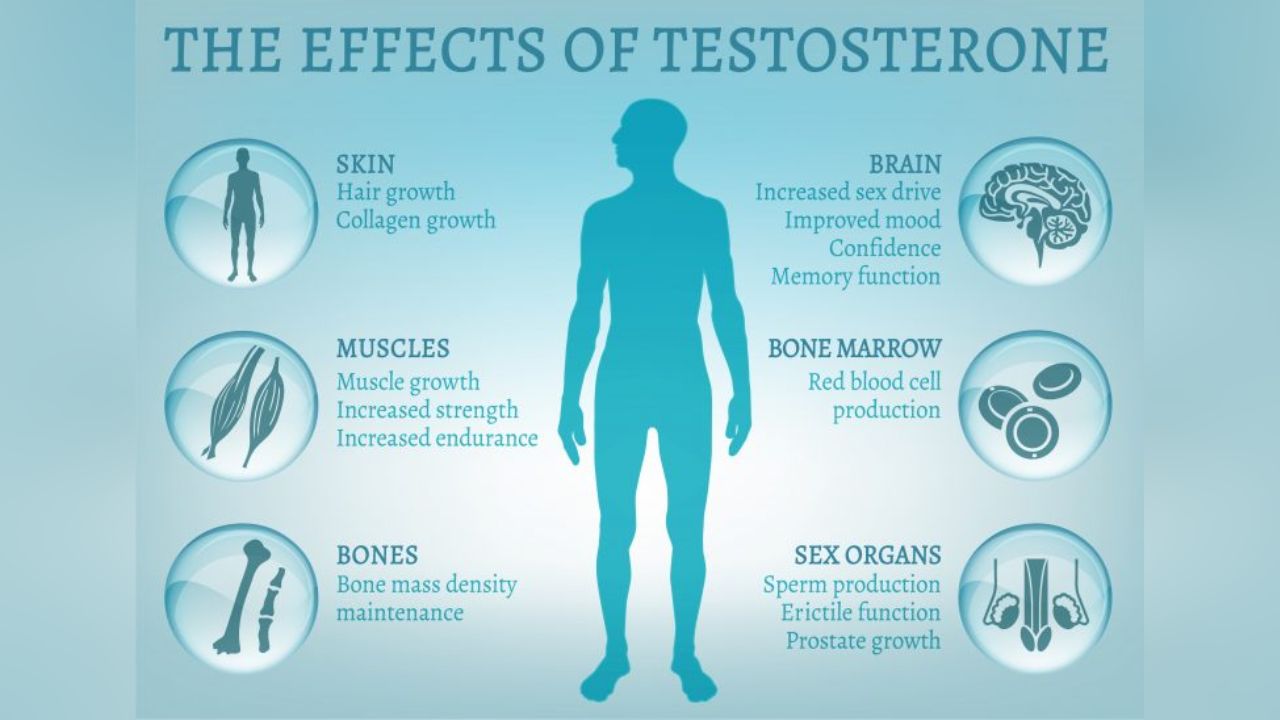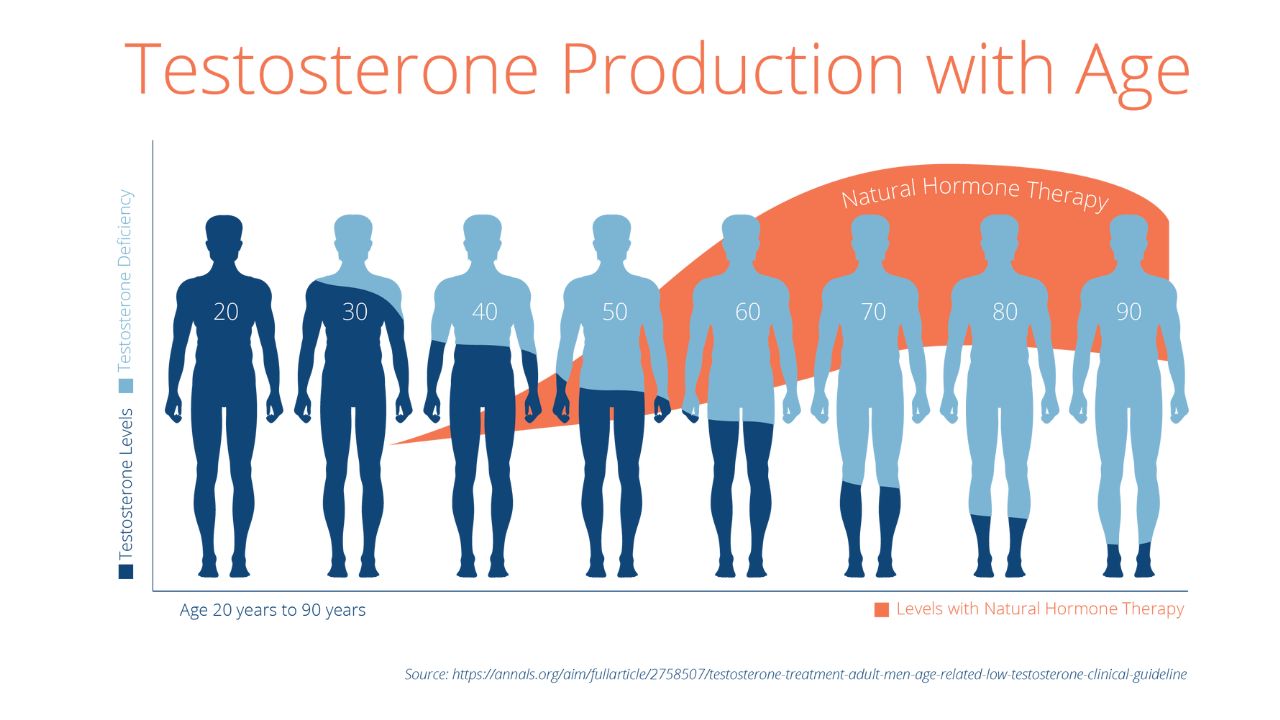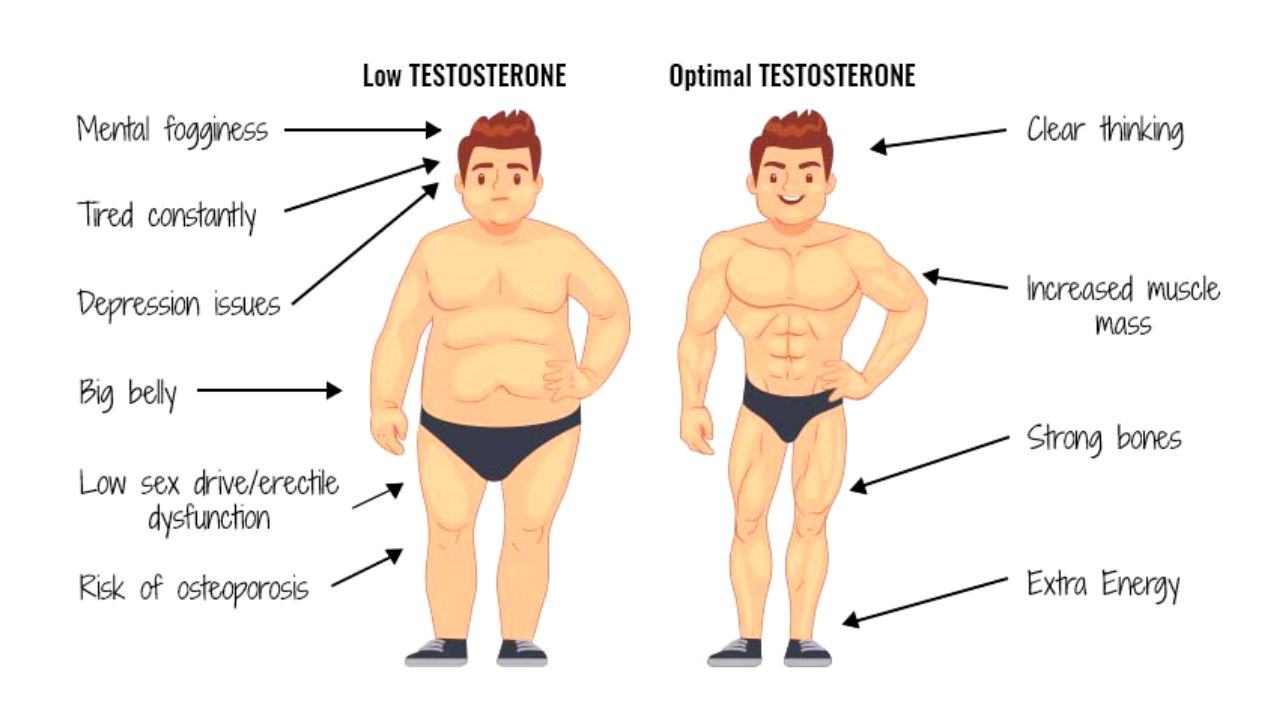Intramuscular Injectable Testosterone
Testosterone Therapy Dosage
Because of potential risks and side effects of testosterone therapy, your doctor will want to make sure you are safe on testosterone therapy and will want to monitor your testosterone levels in addition to other labs and symptoms. Testosterone therapy dosage is dependent on your total testosterone levels, free testosterone levels, DHEA levels and the kind of testosterone used. Monitoring and screening may include; checking testosterone levels with periodic blood tests, checking prostate with PSA levels or digital rectal exams, testing blood for changes in your blood chemistry and hemoglobin levels. Our healthcare providers are highly trained in TRT and follow the endocrine society clinical practice guidelines on TRT.
Testosterone propionate
Testosterone propionate is a type of testosterone ester and an androgen and anabolic steroid medication. It is used primarily in the treatment of low testosterone levels in men (androgen deficiency) and delayed puberty in boys. Testosterone propionate is usually administered by intramuscular injection and the dosage and frequency of administration is tailored to the individual patient’s needs.
The results of a single-dose study of 50 mg of testosterone propionate (TP) given by intramuscular injection showed that testosterone levels rose above normal levels immediately after the injection, but fell below normal levels by the second day. This indicates that using TP is not an appropriate form of treatment for male hypogonadism due to the rapid fluctuations in testosterone levels it causes and the need for frequent dosing with a 50 mg dose every three days.
Testosterone cypionate
Testosterone cypionate is a form of testosterone, a male sex hormone. It is used to treat low testosterone levels in men, also known as androgen deficiency, and for delayed puberty in boys. It is an oil-based injectable medication, usually administered intramuscularly. The dosage and frequency of administration is tailored to the individual patient’s needs.
Testosterone cypionate is usually administered as an injection every week. The most common side effects are acne, fluid retention, breast enlargement, and increased red blood cell count.
It is important to use testosterone cypionate only under the supervision of a healthcare professional and to follow the dosage and administration instructions exactly as prescribed.
Testosterone cypionate (TC) is a form of testosterone that is available in two concentrations: 100 mg/mL (10 mL vial) and 200 mg/mL (1 and 10 mL vials) and is prepared in cottonseed oil. It is commonly used to treat low testosterone levels in men, known as androgen deficiency, and for delayed puberty in boys. The typical recommended starting dose for male hypogonadism is 75-100 mg given intramuscular on a weekly basis.
Testosterone enanthate
Testosterone enanthate is a form of testosterone, a male sex hormone. It is used to treat low testosterone levels in men, also known as androgen deficiency, and for delayed puberty in boys. It is an oil-based injectable medication, usually administered intramuscularly. The dosage and frequency of administration is tailored to the individual patient’s needs.
Testosterone enanthate is usually administered as an injection every one to two weeks. Testosterone enanthate (TE) is a form of testosterone that is available in 100, 200 mg/mL or 250 mg/mL concentrations and is prepared in sesame oil. The recommended starting dose for TE is the same as that for testosterone cypionate. The effect of varying doses of TE on serum testosterone levels was studied in 23 males with primary hypogonadism. The peak levels occurred at 24-48 hours after the last dose of 100-200 mg and declined to slightly above 600 ng/dL after 1-2 weeks. The peak levels occurred at 36-48 hours after the last dose of 300-400 mg and then plateaued below the therapeutic range (300 ng/dL) by week 3-4. The study concluded that doses of 200 mg have to be injected every two weeks or doses of 300 mg every 3 weeks to guarantee effective substitution therapy. The adverse events associated with TE are similar to those of testosterone cypionate. The short-acting intramuscular injections have the highest incidence of erythrocytosis approaching 40%. It is suggested that the testosterone formulation, dose and pharmacokinetics collectively determine the risk of erythrocytosis by establishing the duration of supraphysiological testosterone levels. Short-acting intramuscular testosterone formulations (TC and TE) are associated with the most rapid and significant increases in serum testosterone levels, with supraphysiological levels achieved within days of an injection and a return to baseline by 10-14 days, followed by a decrease to subphysiological levels within 3 weeks if not re-dosed. Caution should be exercised in prescribing short-acting intramuscular formulations in at-risk populations (type 2 diabetes, smokers, obese, thrombophilic conditions)
Testosterone ester combinations
Testosterone ester combinations are a type of testosterone replacement therapy that involve using a combination of different types of testosterone esters. These combinations are intended to provide more consistent and stable testosterone levels over time.
One example of a testosterone ester combination is Sustanon, which is a mixture of four different testosterone esters: testosterone propionate, testosterone phenylpropionate, testosterone isocaproate, and testosterone decanoate. This combination allows for a gradual release of testosterone into the bloodstream after an injection, which helps to maintain stable testosterone levels over time.
Another example is Omnadren which is a mixture of four different testosterone esters: testosterone propionate, testosterone phenylpropionate, testosterone isocaproate and testosterone caproate. This combination is designed to provide a prolonged release of testosterone in the bloodstream.
The idea behind using a combination of different testosterone esters, such as Sustanon or Omnadren, in the treatment of male hypogonadism is that a short-acting ester (e.g. testosterone propionate) can provide effective substitution during the initial days of treatment, while a longer-acting ester (e.g. testosterone enanthate) can provide effective substitution towards the end of the injection interval. However, studies have shown that the pharmacokinetic parameters of individual esters show that both preparations cause the highest testosterone serum concentrations shortly after injection. The addition of a short-acting ester to a long-acting ester only increases the initial undesired testosterone peak, leading to a wider fluctuation of testosterone serum concentrations compared to the use of the long-acting ester alone. Therefore, there is no advantage in combining short- and long-acting esters for the treatment of male hypogonadism.
Testosterone undecanoate
Testosterone undecanoate (TU) comes in an oral form as well as an injectable form of testosterone, a male sex hormone. It is used to treat low testosterone levels in men, also known as androgen deficiency. It is a pro-drug, meaning that it is converted into testosterone in the body after it is taken. It is available in the form of oral capsules.
The recommended starting dose is usually 120-160 mg/day. The effect of TU on serum T levels was evaluated in hypogonadal men, and the results showed that TU is able to maintain stable and physiological testosterone levels, similar to those obtained with injectable testosterone esters.
It is a long-acting form of testosterone, with a half-life of about 34 days. It is supplied in a concentration of 250 mg/mL dissolved in castor oil and is given by slow intramuscular injection in the gluteus medius muscle. It is approved in the USA at a single dose of 750 mg, followed by 750 mg 4 weeks later, then 750 mg every 10 weeks thereafter. Individual dosage titration is not recommended. In a study of 117 hypogonadal males, TU was able to maintain stable and physiological testosterone levels, similar to those obtained with injectable testosterone esters, without showing supratherapeutic peaks.
TU is generally well tolerated and has been associated with a significant reduction of fat mass and HbA1c in both controlled and uncontrolled trials, as well as improvement of erectile function.






